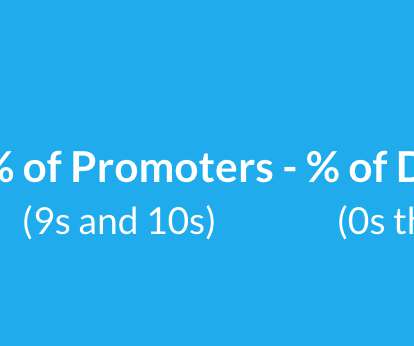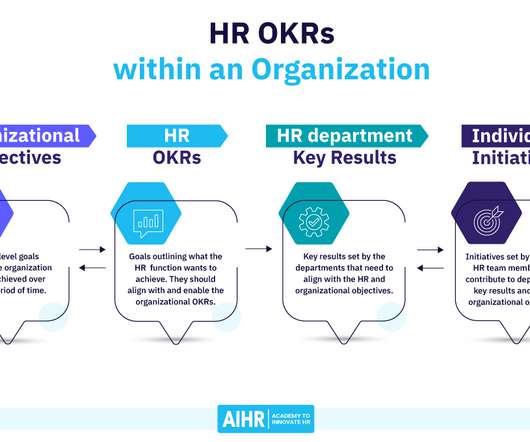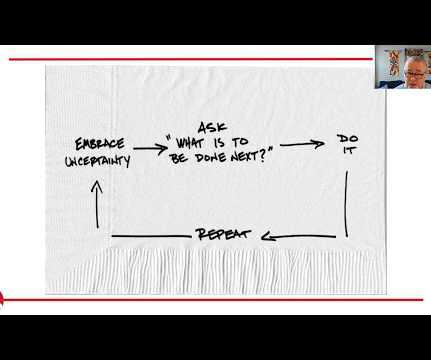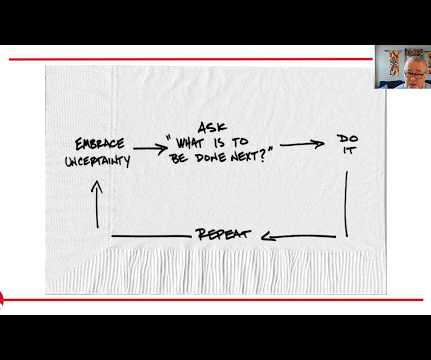What Is Human Resources?
Analytics in HR
JULY 31, 2023
Human Resources also refers to the workforce or people employed in an organization. In this view, HR recognizes that employees are a company’s most critical asset. Hence, they execute an HR strategy to create a supportive and engaging work environment that values employees’ contributions and wellbeing.



























Let's personalize your content